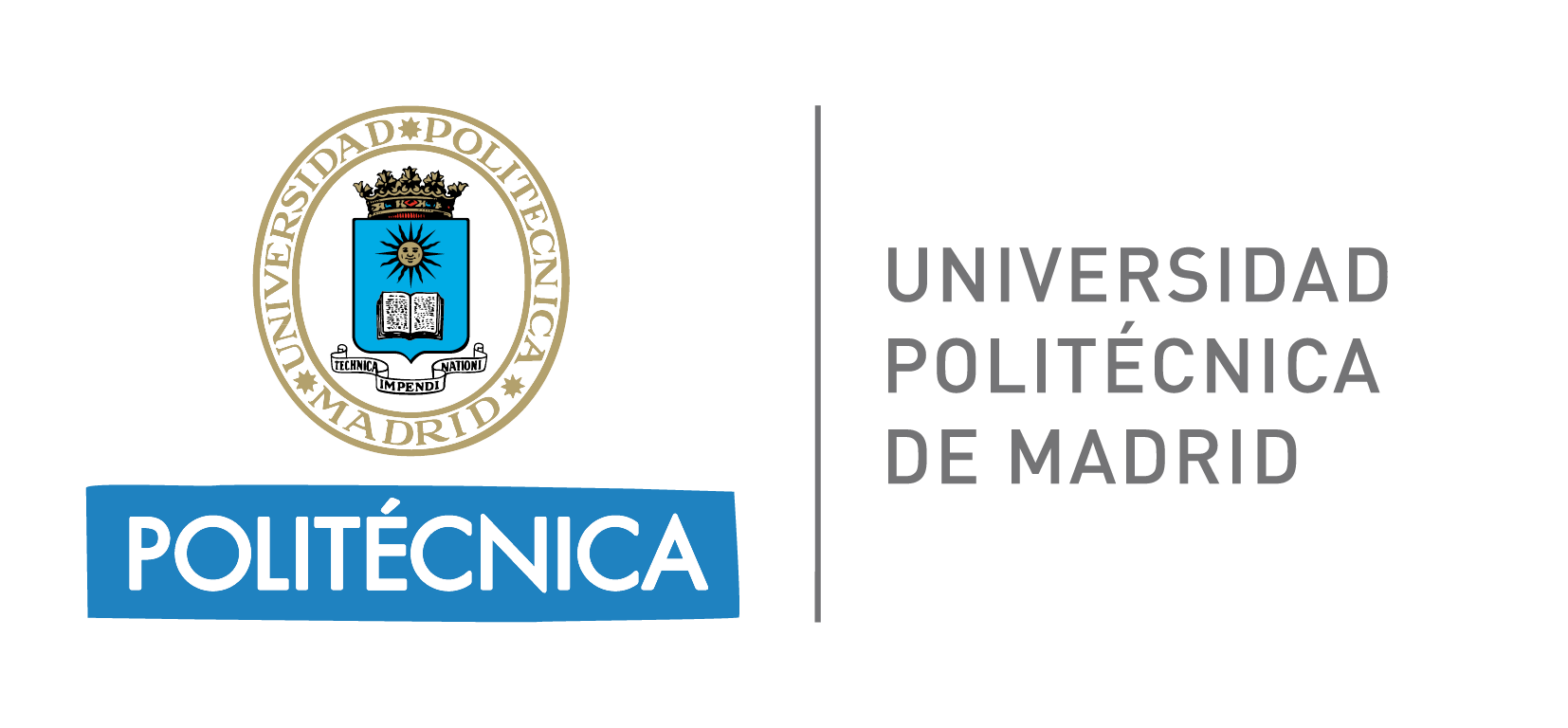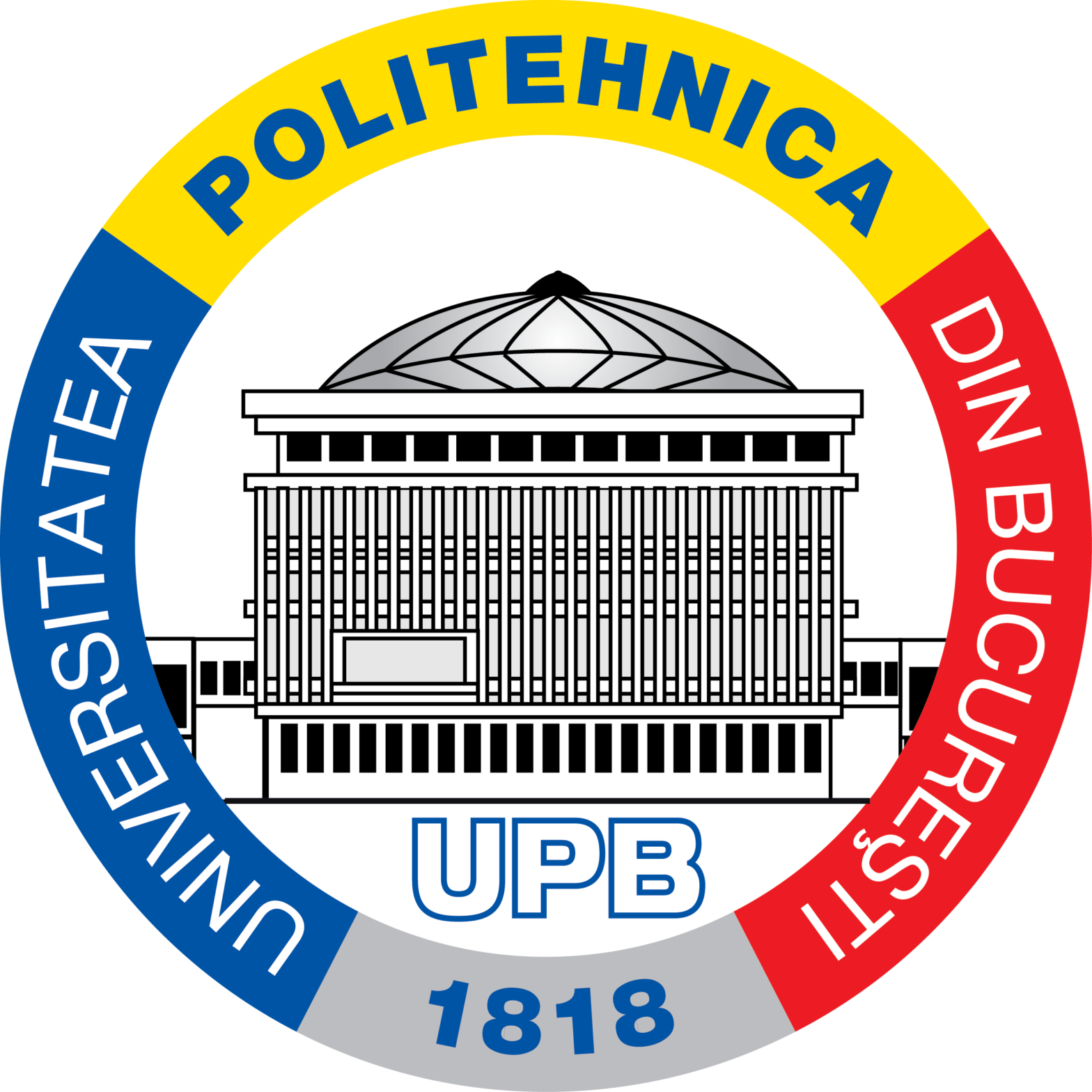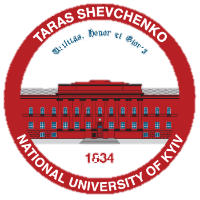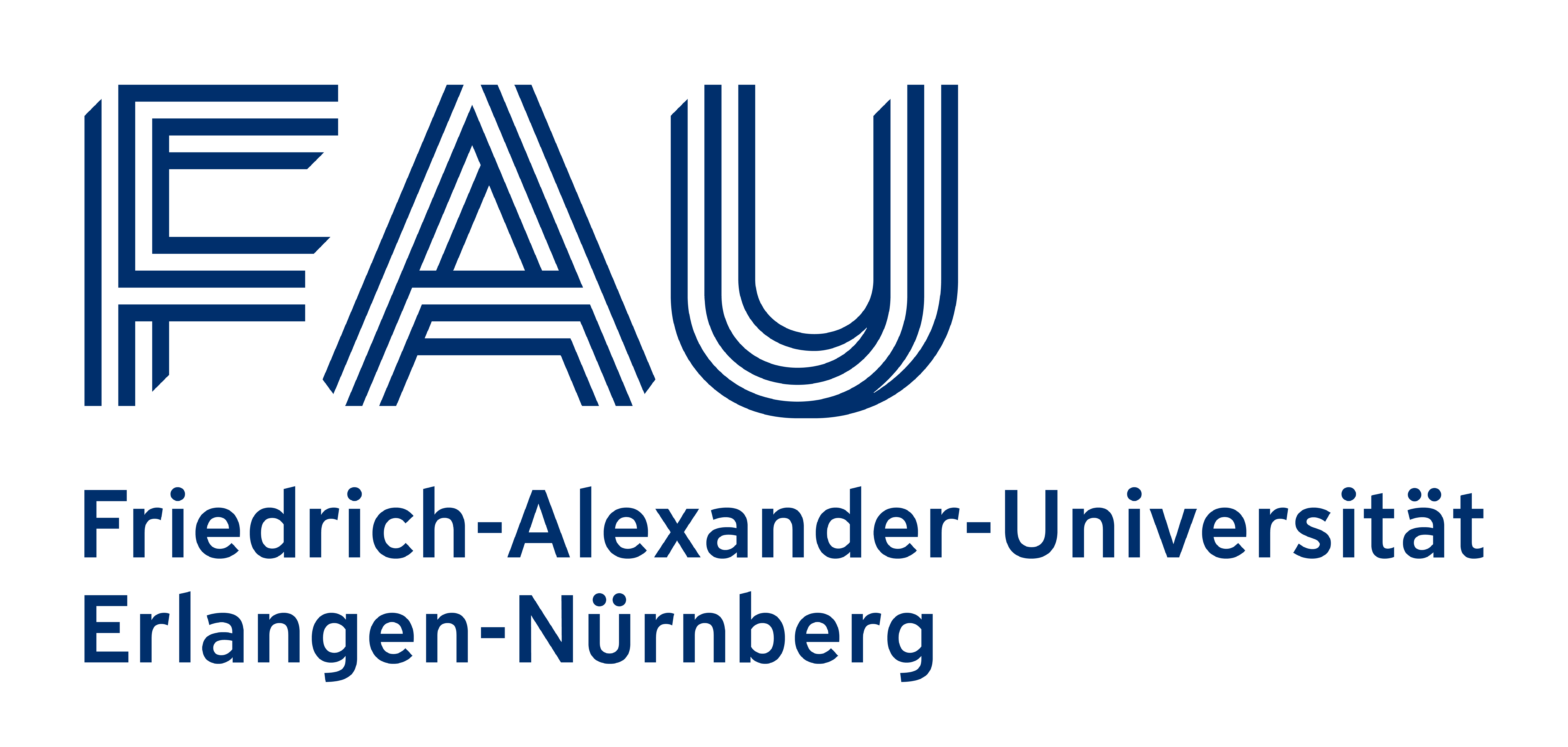Hackathon “Sustainable Energy in Ukraine”
Challenge task
The "Sustainable Energy in Ukraine" hackathon will be executed as a 5-day event in Bucharest, Romania, with a blended format allowing for both online and in-person participation. A total of 20 students from 4-6 universities (UPM, BME, UPB and KNU and two other Ukrainian nuclear Universities) will participate, along with lecturers from each institution, contributing to the interdisciplinary structure of the event. The hackathon will focus on key challenges related to post-war energy reconstruction and sustainability in Ukraine, with a strong emphasis on nuclear technology, medical physics, radiological protection, and energy systems. Execution Plan The activity will follow a structured format, including: 1. Day 1: Orientation and Lectures - Key lectures will be delivered by university experts from UPM (severe accident simulations), BME (radiological protection), UPB (nuclear simulations for SMRs), and KNU (medical physics). These will provide a foundation of knowledge, with sessions available in both online and in-person formats to ensure flexibility for remote participants. 2. Day 2-4: Teamwork and Hands-On Simulations - The students, divided into interdisciplinary teams, will collaborate on real-world energy challenges, leveraging simulations and practical exercises. Remote collaboration tools will ensure seamless interaction between online and onsite participants: virtual laboratory tour will be proposed for the online participants while in person participants visit the real one. Lecturers will serve as mentors, guiding students in developing innovative solutions. 3. Day 5: Presentations and Evaluation - Teams will present their proposed solutions to a panel of experts, which will assess the practicality, innovation and impact of their proposals to ensuring Sustainable Energy in Ukraine. The evaluation will include both theoretical knowledge and practical application. The execution will be budget-conscious, covering travel, accommodation and participation costs for the students and lecturers as outlined in the budget plan. It is envisaged that up to 6-8 lecturers/mentors and up to 9 students will be involved in person. Up to 2 lecturers and up to 4 students will be involved in online format. The online format will be proposed to involve also students and lecturers from 2 more universities in Ukraine to ensure wider coverage of the action in the targeted country. Since the Organisers consider that it is important to ensure at least partial in person participation of the colleagues from KNU the mobility funds from the other Euratom Funded projects, ENEN2plus and NURECAB, are planned to be used. This implies a stronger connection with other European initiatives, facilitated by the ENEN. Sustainability and Continuity To ensure sustainability of this activity in the mid- to long-term, the following measures will be implemented: • Reiteration: The hackathon is designed to be a recurring event. The success of the first event will be evaluated, and based on its outcomes, it will be repeated in subsequent years, potentially expanding to include more universities and participants from other European countries. • Institutional Support: Support from the participating universities, particularly within the framework of EELISA and European nuclear research networks, will help sustain the initiative. These institutions will provide ongoing expertise, mentorship, and logistical support. • EELISA Credentials: By awarding EELISA Credentials, the event offers formal academic recognition for participants, which enhances its appeal and contributes to its long-term viability. The involvement of ECTS credits also provides continuity by linking the hackathon to formal education pathways. • Partnership Building: Strengthening collaborations with European Education Network Associations (ENEN), IAEA, OECD-NEA, WNA and other nuclear and energy-related organizations will ensure access to cutting-edge research and technologies, further embedding the hackathon within ongoing academic and research agendas. In the mid- and long-term vision the hackathon could become a hub of innovation where interdisciplinary teams address global challenges like energy decarbonization and sustainability. Through reiteration and expansion, it aims to become a model for collaborative problem-solving and innovation in the energy sector across Europe. Involvement of the European Nuclear Education Network (ENEN) will be crucial to the success and impact of the hackathon in the long-term perspective. ENEN plays a vital role in fostering collaboration among European institutions dedicated to nuclear education, research and training. By integrating ENEN as an extensive network of nuclear experts, educators and students, the hackathon will gain access to cutting-edge knowledge, state-of-the-art research and practical insights into nuclear technologies. Support by ENEN will also enhance the credibility and visibility of the event within the European academic and nuclear energy sectors. Furthermore, ENEN involvement ensures that the activity aligns with the European Commission goals for nuclear safety, sustainability and decarbonization, reinforcing the contribution of the hackathon to both educational excellence and addressing pressing societal challenges. This collaboration also strengthens ties between participating universities, contributing to long-term partnerships and the exchange of expertise, and ensuring that the event remains relevant and innovative in the future.
* If you would like to receive ECTS for your home degree program, please clarify credibility of the activity with your local study and degree coordinator beforehand.




Teams
Teams created for this challenge
No teams created yet

